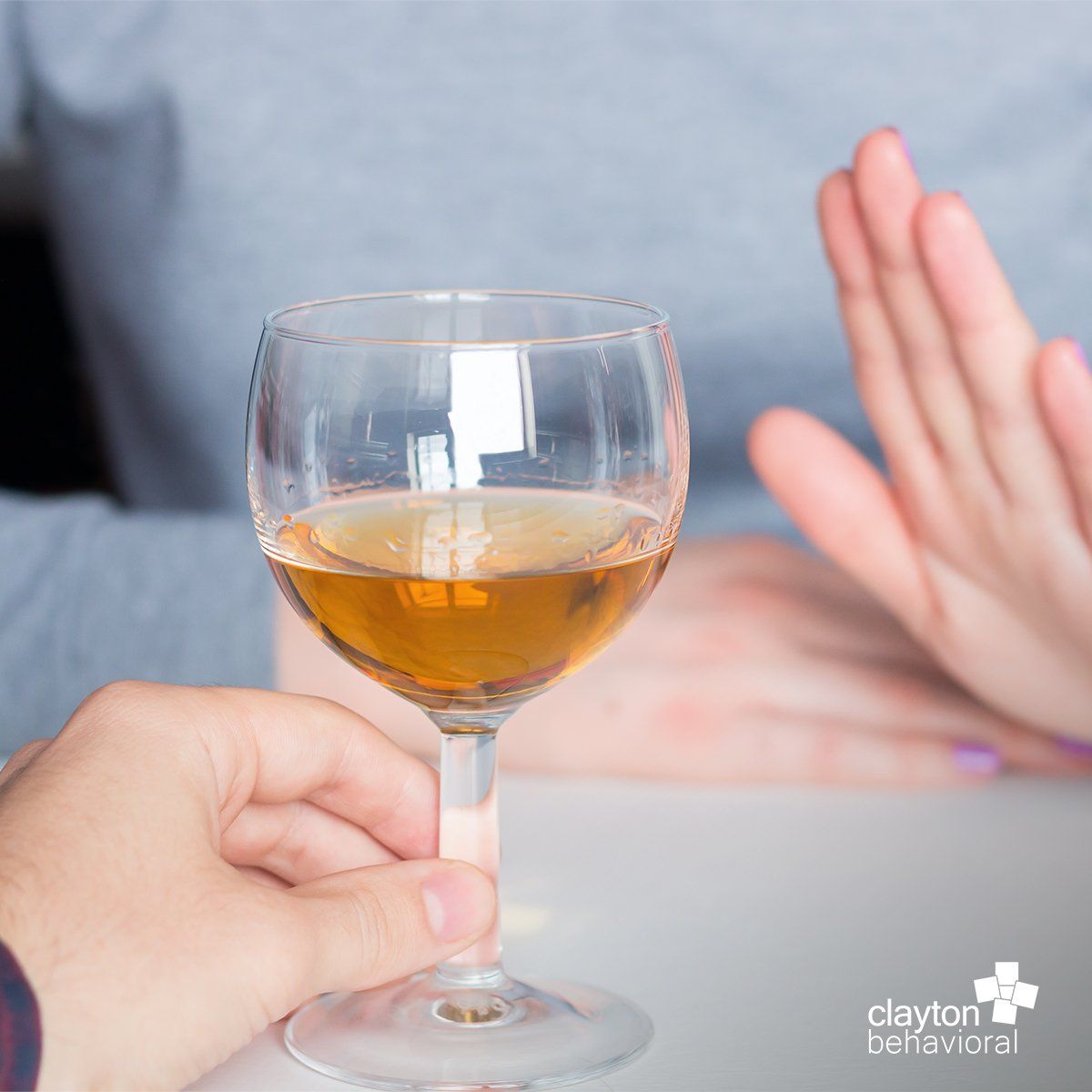The Truth About How Alcohol Affects The Body

We are all confronted with the omnipresence of alcohol in our daily lives—whether it be at a party, wedding, happy hour, holiday get-together, etc. Subsequently, it’s not hard to misinterpret the effects of alcohol on the body as relatively mild. And that can be true—for light to moderate drinkers.
No Healthy Levels of Alcohol
According to the Dietary Guidelines for Americans prepared by the Office of Disease Prevention and Health Promotion in 2015, no more than one to two drinks per day should be consumed to minimize health risks. The guidelines define one drink as 12 ounces of beer with 5 percent alcohol content, 5 ounces of wine with 12 percent alcohol content or 1.5 ounces of spirits with 40 percent alcohol content.
However, research published this year indicates that there is no safe level of alcohol consumption for the body. The long- and short-term effects of excessive drinking can be detrimental to the body’s vital functions, and can be particularly heightened for underage drinkers, those with a medical condition or those who are taking specific medications.
Increased Dangers for Women
Alcohol can also be more dangerous for women , as it metabolizes differently in the female body and can cause problems quickly. Studies have shown that women who consume the same amount of alcohol as men will have a higher BAC percentage, as men tend to weigh more and have more muscle mass—which means women are more susceptible to harm from excessive drinking.
Gender aside, the effects of excessive alcohol consumption for all drinkers can lead to a variety of detrimental consequences. To simplify, the impact of alcohol consumption on the body can be divided into long-term and short-term effects. Both are dangerous, and possibly even fatal.
The Effects of Alcohol
According to the Foundation for a Drug-Free World , short-term effects of excessive alcohol consumption include slurred speech, disorientation, blacking out, passing out, difficulty breathing, vomiting, loss of consciousness, and even alcohol poisoning or alcohol overdose, which can be fatal if not treated immediately.
Long-term excessive drinking can also damage nearly every vital function and organ in the body. Researchers have developed causal links between alcohol consumption and cancer, cirrhosis of the liver, fatty liver, chronic pancreatitis, anemia, hepatitis, psychosis, depression and anxiety disorders, delusional hallucinations, and more. Several of these conditions can be fatal if drinking does not cease immediately. Whether you end up with one of these conditions or not, alcohol can substantially alter the following organs :
Brain
The brain is quickly affected by alcohol in the form of loss of coordination and memory. However, long-term effects can alter the brain’s structure and functionality. Communication pathways are impacted by damage to the cerebellum, cerebral cortex and limbic system, leading to decreased motor skills, memory function and emotional responses.
Heart
Initial effects of alcohol on the heart will change the delivery of oxygen to other organs. Continuous drinking can weaken the heart muscle and can lead to life-threatening conditions such as diabetes, heart disease, stroke, cardiomyopathy and even sudden cardiac death.
Liver
Since the liver is responsible for breaking down alcohol, high levels of consumption can modify the metabolic process and lead to a condition called fatty liver. Fatty liver, cirrhosis of the liver, and alcoholic hepatitis are all detrimental to the body and, without proper treatment, will lead to liver failure and death.
It’s also a myth that moderate consumption of alcohol results in a lowered risk of cancer, as touted by a number of research investigations into the possible health benefits of resveratrol, a natural phenol found in red wine—which has been documented by the National Cancer Institute.
In short, it is possible to avoid all of of these health risks by abstaining from binge drinking, drinking underage, drinking while taking medications and long-term excessive drinking.
If you think you or someone you know may be affected by alcoholism or another type of substance abuse, please contact us for a confidential individual or family consultation at 314-222-5830, visit our website or send us an email for more information.









